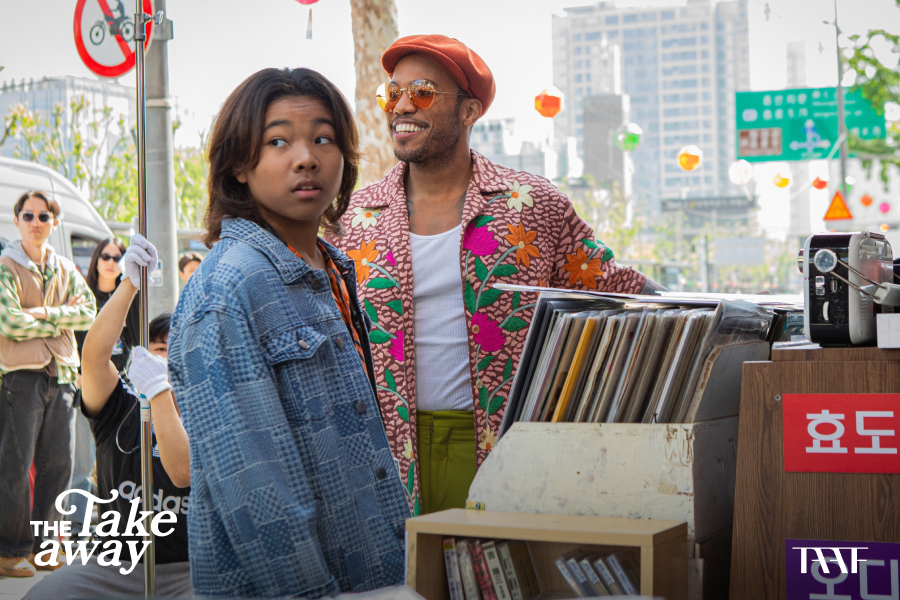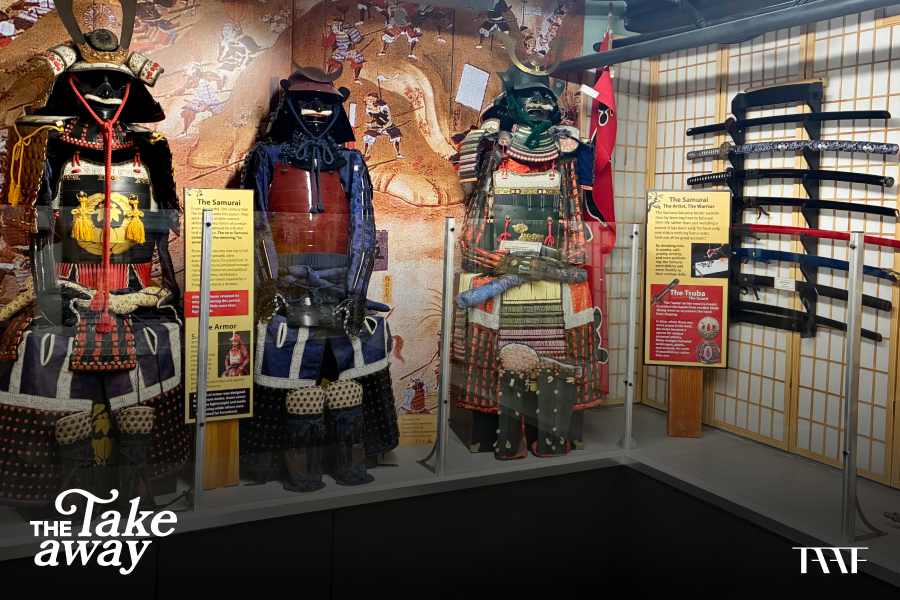














Beyond Niche: Smriti Mundhra Shows Us That AANHPI Stories Are for Everyone
AANHPI representation on TV has come a long way in the last decade. After years of being limited to the occasional, stereotypical roles, we’re finally seeing more nuanced characters. East Asian males, who in the past were often relegated to the role of sidekick or comic relief, are now getting cast as romantic leads. South Asian actors can be seen playing characters other than just nerds and doctors—keeping in mind that prior to the the 2000s, we didn’t even have those roles available. But even now, with some notable exceptions like Beef and Never Have I Ever, these are still primarily roles in non-AANHPI led shows.
Not long ago, it would have seemed unfathomable to pitch a reality TV show where everyone onscreen is South Asian. Such a show would be seen as only appealing to a very limited demographic. However, Indian Matchmaking, released in 2020, demonstrated how a reality series solely focused on South Asians getting matrimonial help could appeal to everyone.
The show followed South Asian singles in both the United States and India, who enlisted the help of a strong-willed and opinionated matchmaker. From horoscope readings to potential issues with in-laws, some of the issues addressed are very specific—and the series has been critiqued for being limited to a very particular social strata of Indians—yet the show still caught on with audiences. We caught up with Smriti Mundhra, Executive Producer and Creator of Indian Matchmaking, at Sunrise Collective at the Sundance Festival earlier this year. We chatted about the evolving industry, and how getting AANHPI-focused shows greenlit has changed.
You’ve created Indian Matchmaking, Jewish Matchmaking, and now Muslim Matchmaker. Has anything changed in terms of how your ideas are received when you pitch them?. In the past, these shows would have been considered very niche, right?
I think when I first started this whole sort of matchmaking journey with Indian Matchmaking, there was an assumption that it would be niche. That show was made at a time where niche was okay in a streaming environment, and people were open to just trying things. And it surprised and defied a lot of people's expectations internally—even mine, honestly.
.jpg)
Has anything changed in terms of how your ideas are received when you pitch them?
When it came to Muslim Matchmaker—every time you start again, you're often up against that same sort of bias, the niche bias. But I have to say that when we first took Muslim Matchmaker to ABC News Studios on Hulu, it was like an immediate yes. It was an immediate embrace of the idea, of the concept, of the community, of the potential—and I think that is really a testament to how the world is changing. But it’s also a testament to really great executives who can see the potential and understand that it's not just a “let's do a thing that we need to do in order to have representation.”
Who is your audience for the shows, and do you see that changing as well?
The fact that Indian Matchmaking resonated with so many people outside of the Indian diaspora, outside of the Indian community, was one of the most wonderful lessons that I've experienced in my career. I'm so glad that it sort of opened up people’s eyes to see that stories that are about specific regions or about specific communities still can have very universal themes.
But actually there is an opportunity here to expand our audiences, to expand the kind of storytelling we tell, to bring new audiences onto platforms and into the kind of stories we're telling so I think for this one we felt very lucky that we had support right away.
I think parental disapproval is universal, right?
It certainly is. Thanks so much for speaking with us!
You can catch up with Muslim Matchmaker on Hulu!
.png)



